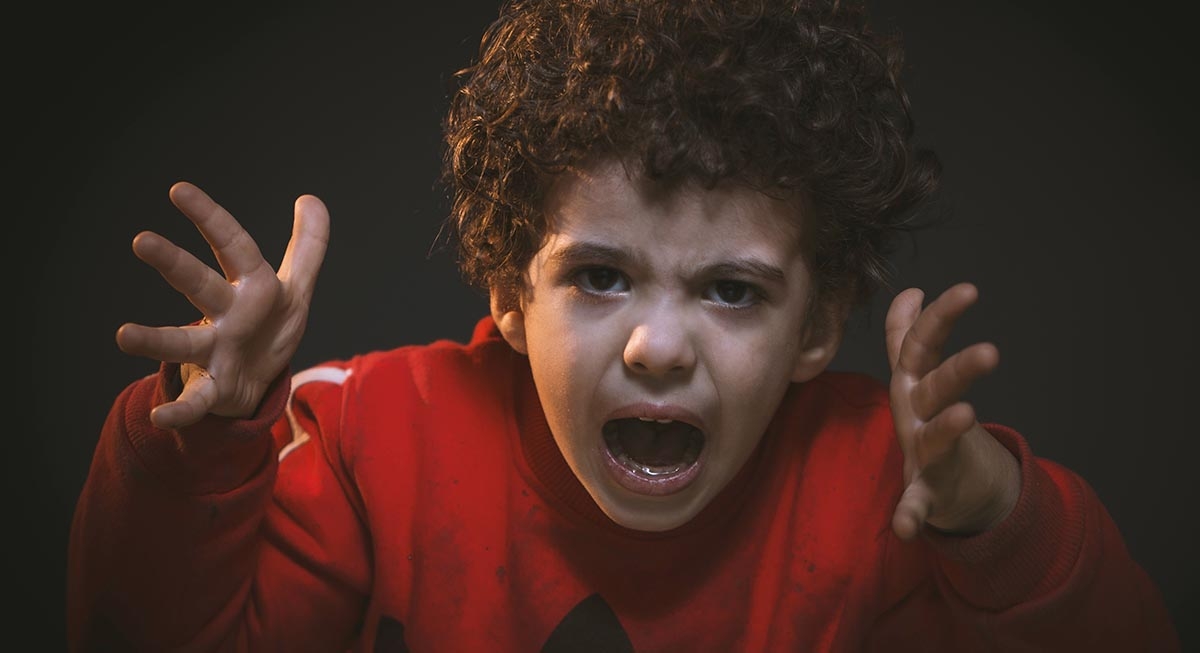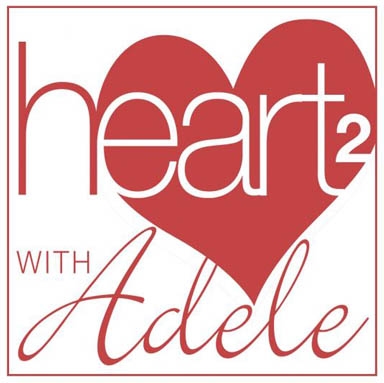
10 anger control strategies for children
QUESTION
Dear Adele,
Our six-year-old seems to have a low frustration tolerance. In our experience, he angers easily, raises his voice, and sometimes throws or breaks things. We are looking for ideas on how to deal with enraged behaviour and would appreciate your comments—many thanks.
Frustrated Parents

ANSWER
Dear Frustrated Parents,
Anger is an intense but normal emotion associated with feelings of irritation, frustration, and stress. It can be a defensive behaviour that occurs after an attack, premeditated aggressive behaviour, or an impulsive one that results in hostile actions. When children are furious, they may scream, yell, kick, punch, bite, cry, roll on the ground or throw things. While expressions of anger are to be expected in child development, it is cause for concern when the child becomes dangerous to himself or others, when the young person causes fear in others, when the emotion is accompanied by violence, and when the frequency of occurrence is beyond reasonable expectations.
Anger occurs in children for numerous reasons, some of which are itemized below:
- When a child cannot verbalize his feelings.
- When a child must be stopped from doing something he or she wants to do.
- When a child is frustrated at being unable to accomplish a task.
- When a child is feeling tired or hungry.
- When a child is feeling invalidated or unfairly treated.
- When a child feels others are not respecting his feelings.
- When a child is feeling fear.
- When a child is feeling powerless.
- When a child is feeling anxiety.
- When a child knows that displaying anger gets him what he wants.
It may be helpful to your child to discuss his reactions to situations when he is calm. This will help him learn how to cope with wrathful feelings and find more appropriate strategies to deal with them. A professional therapist might also be of use to help him study his actions and develop better ways to respond to those big fuming feelings.
Your child needs to understand how to manage his anger, and a few strategies are listed below:
- Teach your child to breathe deeply and slowly when he is feeling incensed.
- Teach your child to count to 10 and give himself some time to think about why he is reacting angrily.
- Teach your child how to relax his body when furious.
- Teach your child to direct negative energy safely, such as hitting a pillow.
- Teach your child the art of distraction as a reaction to anger.
- Teach your child to do something creative with his hands when feeling upset.
- Teach your child how to use a journal to express angry feelings.
- Teach your child to take a cold shower or go for a walk in nature when he is cross.
- Teach your child to put on some good music and dance in response to feelings of anger.
- Teach your child to talk to a trusted adult and get steaming thoughts and feelings out in the open.
You are probably looking for some concrete ideas about how to quieten your heated child. I’ve garnered some excellent suggestions from an article entitled 13 powerful phrases proven to calm an angry child.
Perhaps some of these sentence starters will help you compose your youngster when he is angry. They tend to be statements which are short, soothing and validating.
- I see you are upset.
- It’s okay to be angry.
- Would you like my help?
- I wonder if you need…
- I’m going to wait…
- I remember the last time we tried…
- Would you like to try…
- Can we start over?
- You are safe.
- I will be here when you are ready.
- It is not OK to …
- I love you.
- I am sure we can find a solution later.
When your child is angry, he is not easy to love. But love him you should, unconditionally and in a supportive manner.
Two excellent books on this subject are The Explosive Child by Dr. Ross W. Greene and The Whole Brain Child by Daniel J. Siegel, MD and Tina Payne Bryson, PhD.
I will conclude with some inspiring quotations on anger:
“Anybody can become angry- that is easy. But to be angry with the right person and to the right degree and at the right time and for the right purpose, and in the right way- that is not within everybody’s power and is not easy.”— Aristotle
“Anger is an acid that can do more harm to the vessel in which it is stored than to anything on which it is poured.”— Mark Twain
“There are two things a person should never be angry at: what they can help, and what they cannot.” — Plato
Best wishes Frustrated Parents,
Sincerely, Adele
I'm looking forward to your questions! Email me at maryadeleblair@gmail.com and please put Heart to Heart in the subject line. Note that all columns will remain anonymous.
Photo: Pexels, Mohamed Abdelghaffar









